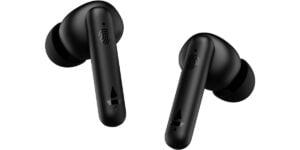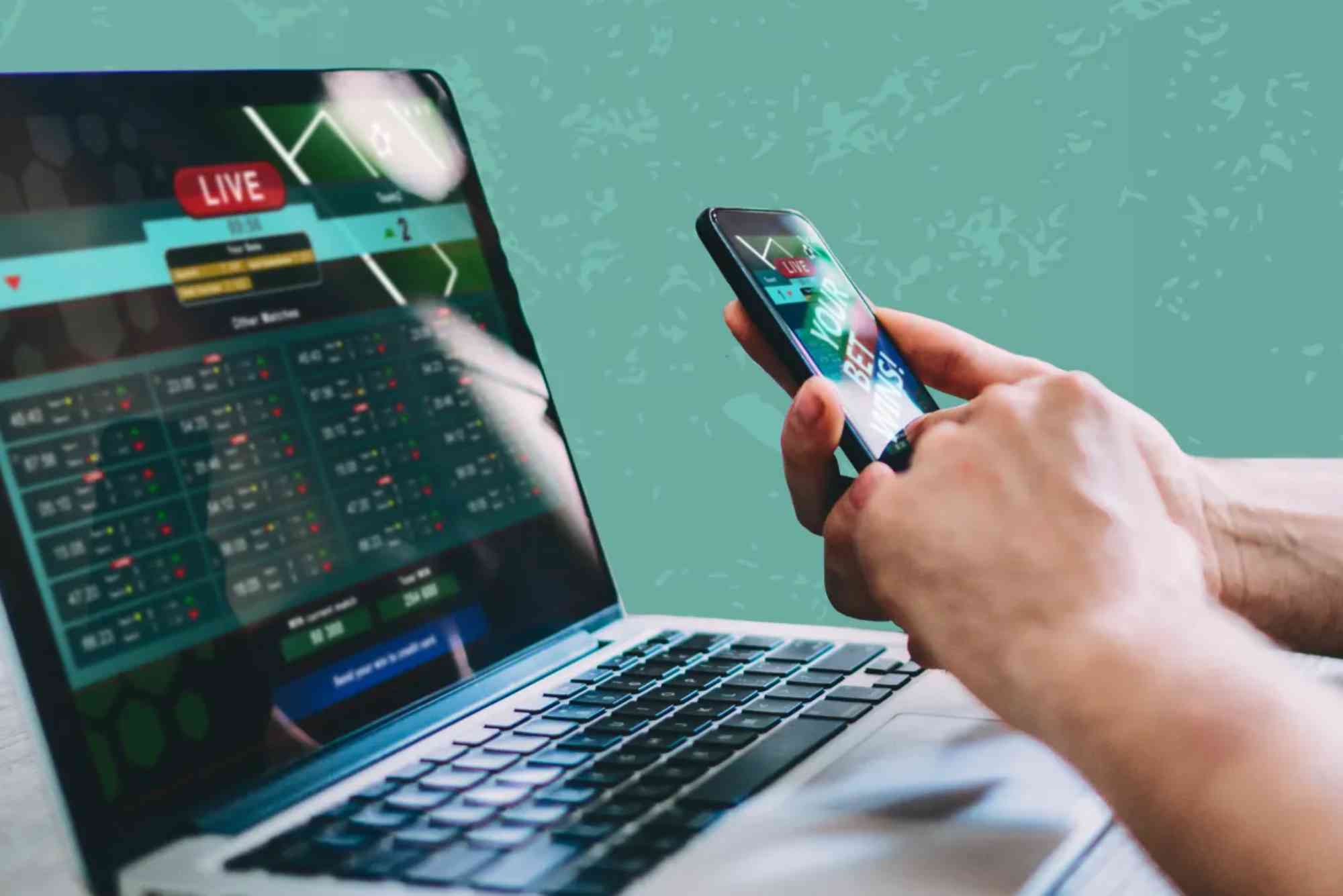Does 141 Work On Mobiles
In a world where communication technology constantly evolves, understanding the functionality of basic features like caller ID blocking becomes crucial. One such query that often arises is whether “141” works effectively on mobile phones. Let’s delve deeper into this topic to unravel the mystery behind caller ID blocking on mobile devices.
What is Caller ID Blocking?
Caller ID blocking is a feature that allows users to prevent their phone number from being displayed to the recipient when making a call. This feature can be particularly useful in situations where individuals prefer to maintain their privacy or anonymity.
Does “141” Work on Mobiles?
The “141” prefix is commonly associated with caller ID blocking on landline phones. However, its effectiveness on mobile devices may vary depending on several factors, including the user’s mobile carrier and regional regulations. In some cases, dialing “141” before entering the recipient’s number may successfully block the caller ID on mobile phones. However, this functionality may not be universally supported across all mobile networks and regions.
Alternatives to “141” for Caller ID Blocking
While “141” may work for some mobile users, there are alternative methods to achieve caller ID blocking on mobile phones. Many smartphones offer built-in settings that allow users to toggle caller ID blocking on or off directly from their device settings. Additionally, mobile carriers often provide supplementary services or features that enable users to manage their caller ID preferences more effectively.

Implications of Caller ID Blocking on Mobile Devices
The ability to block caller ID on mobile devices raises important considerations regarding privacy, security, and communication etiquette. While it can offer individuals a sense of control over their personal information, it may also hinder effective communication in certain situations. For instance, businesses or emergency services may rely on caller ID to identify incoming calls and provide appropriate assistance.
Enhancing Caller Privacy on Mobiles
As the use of mobile devices continues to proliferate, ensuring caller privacy remains a priority for both users and service providers. Implementing robust security measures, such as encrypted communication channels and privacy-enhancing features, can help mitigate risks associated with caller ID blocking. Additionally, raising awareness about the implications of caller ID blocking and promoting responsible communication practices can contribute to a safer and more respectful digital environment.
In conclusion, the effectiveness of “141” for caller ID blocking on Mobiles phones may vary depending on various factors. While it remains a widely recognized prefix for this purpose, its functionality on mobile devices is subject to technological limitations and regulatory considerations. Exploring alternative methods and understanding the implications of caller ID blocking can empower users to make informed decisions about their privacy and communication preferences in an increasingly connected world.
Next Mobile Ajman
Next Mobile Ajman is a burgeoning phenomenon in the realm of mobile technology, promising a dynamic shift in the landscape of telecommunications. With Ajman emerging as a hub for technological innovation, Next Mobile is poised to be at the forefront, offering cutting-edge devices and unparalleled connectivity solutions. Whether it’s the latest smartphones boasting state-of-the-art features or innovative data plans tailored to individual needs, Next Mobile Ajman aims to redefine the mobile experience. With a commitment to customer satisfaction and a focus on staying ahead of the curve, Next Mobile Ajman is set to revolutionize how we engage with our mobile devices, making it the go-to destination for all things mobile in Ajman.



